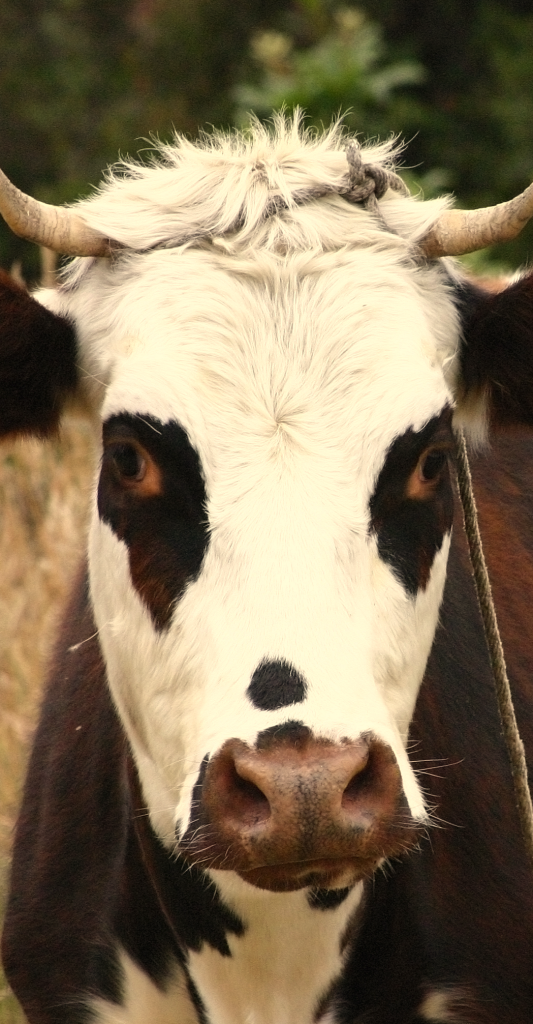Work Package (WP) 3 – Animal Phenotypes
WP Leader: Phil Garnsworthy
Email: Phil.Garnsworthy[at]nottingham.ac.uk
 The microbiome of the Gastrointestinal tract, and the rumen in particular, was thought to be affected mainly by the diet, however recent evidence suggests that there is a strong animal specific component that influences the variety and frequency of micro-organisms present. This variation is likely to be under genetic control, although the mechanisms through which this control is mediated are not known. The microbiome has in itself a major impact on efficiency of feed utilisation, product quality, and the quantity of methane produced by the animal. It is therefore important to define the interaction between the genetics of the individual and the rumen microbiome with feed efficiency, product quality and greenhouse gas production.
The microbiome of the Gastrointestinal tract, and the rumen in particular, was thought to be affected mainly by the diet, however recent evidence suggests that there is a strong animal specific component that influences the variety and frequency of micro-organisms present. This variation is likely to be under genetic control, although the mechanisms through which this control is mediated are not known. The microbiome has in itself a major impact on efficiency of feed utilisation, product quality, and the quantity of methane produced by the animal. It is therefore important to define the interaction between the genetics of the individual and the rumen microbiome with feed efficiency, product quality and greenhouse gas production.
Aim
To collect measurements and samples from animals on a large international scale with the objective of carrying out (in WP7) an association study to identify genetic loci controlling the quantitative and qualitative variation in micro-organisms in the rumen through a metagenomic analysis. The WP will also provide data to test the association of the microbiome with efficiency of feed utilization, methane production and product quality. The specific objectives are to:
- obtain standardised measurements and samples from Holstein and Swedish/Finnish Red cattle
- measure feed efficiency and methane production by applying state-of-the-art techniques
- analyse feed, blood, faeces and milk
